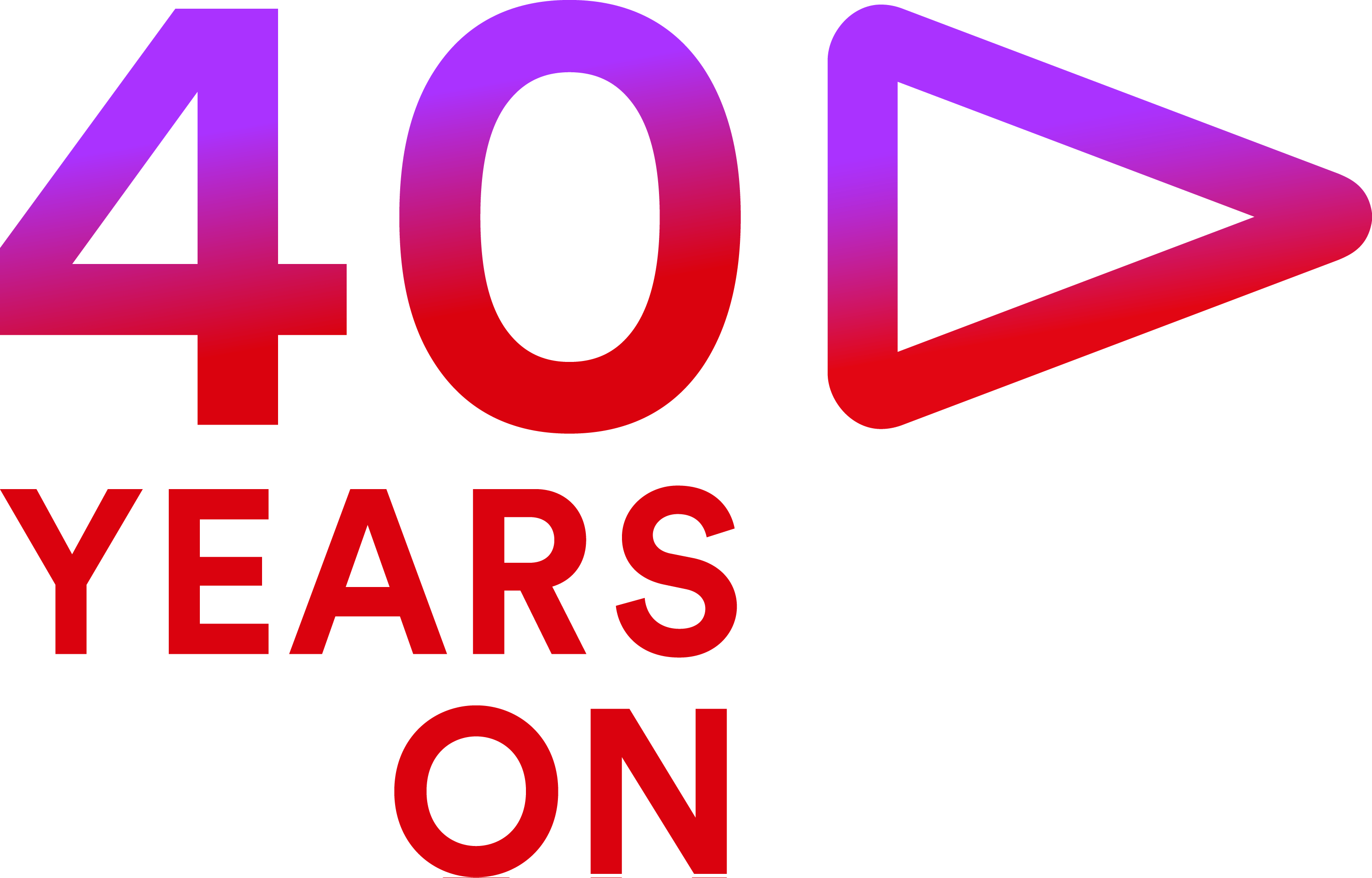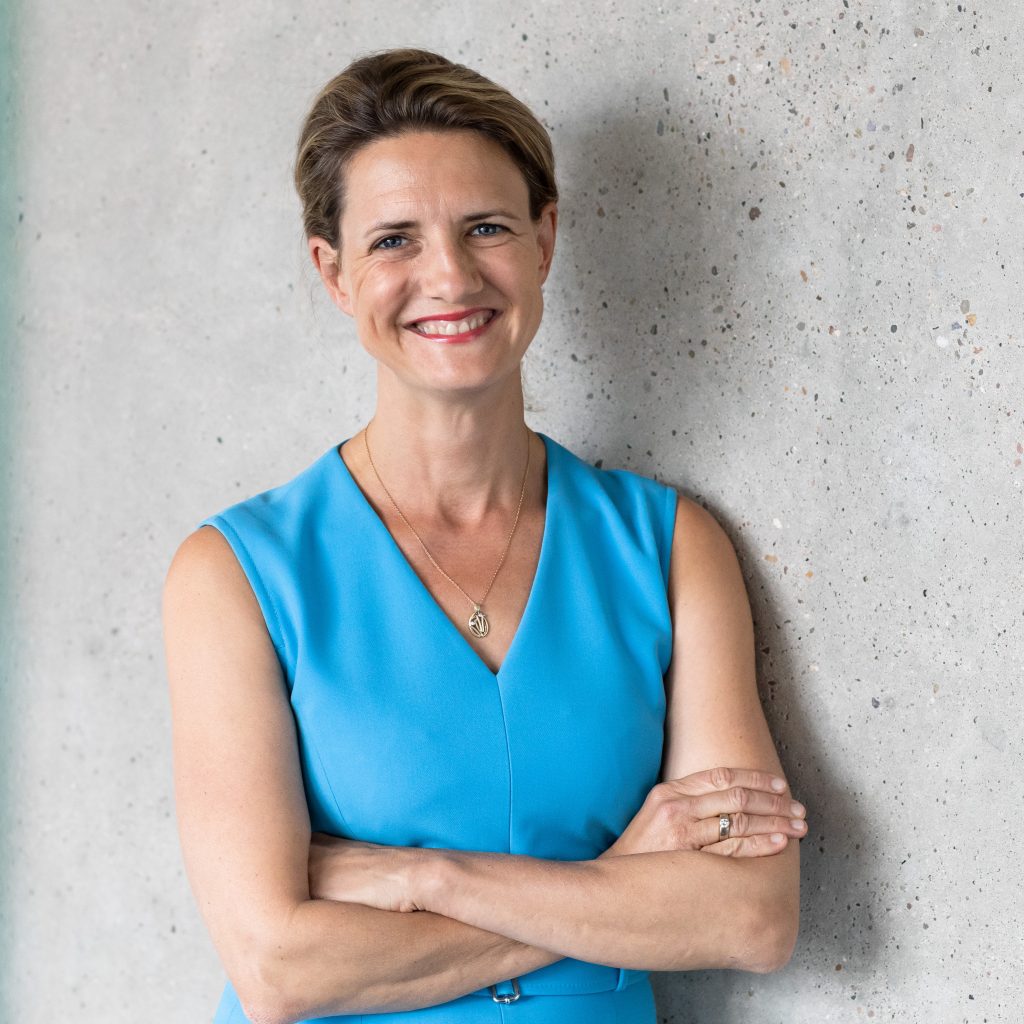01/26/2024 - More than 140,000 authors, performing artists and cultural professionals of the 44 associations of the Copyright Initiative, together with numerous associations of the press, publishing, film and music industries as well as the undersigning collecting societies, ask the Federal Government on 2 February 2024 to approve the present draft of the AI Basic Regulation (EU) without further restrictions to the detriment of artists and cultural and media professionals.
The open letter in full
Dear Chancellor, Olaf Scholz,
Dear Federal Minister, Marco Buschmann,
Dear Federal Minister, Robert Habeck,
Dear Federal Minister, Volker Wissing,
Dear Minister of State for Culture, Claudia Roth,
We, the more than 140,000 authors, performing artists and cultural professionals of the 44 associations of the Copyright Initiative, together with numerous associations of the press, publishing, film and music industries as well as the undersigning collecting societies, ask you to ensure that the Federal Government, in the course of the meeting of the Committee of Permanent Representatives of the Member States (COREPER) on 2 February 2024, approves the present draft of the AI Basic Regulation (EU) in the sense of a sustainable, economically viable and democratic future and without further restrictions to the detriment of artists and cultural and media professionals.
The basic rules set out in the draft regulation for regulating the operation of generative AI systems are important for the economic future of all cultural, media and creative industries and of their more than 1.2 million tax-paying employees, self-employed people and hundreds of thousands of small and medium-sized enterprises*. It was a difficult process, but the compromise in the draft is a step in the right direction. It certainly does not represent overregulation for IT companies. For authors, artists, cultural and media professionals, the compromise offers the absolute minimum level of protection.
All those who create and utilise culture and media are dependent on licensing. Appropriate remuneration requires transparency. However, the profitable development of generative AI systems to date has been largely based on the illegitimate use of copyright-protected cultural assets and citizens‘ personal data. This business practice, which has been unfair for a decade, is already having a destructive effect on the creative industries, including loss of employment and investment damage.
We believe in democracy, we believe in values such as the protection of human dignity, the protection of human rights, copyright, data protection and personal rights. Instead of giving individual technology companies a competitive advantage by continuing to break the law and leaving the risks for society for which they are responsible unpunished, we must assign responsibility and help responsible AI companies to compete fairly.
The fair shaping of tomorrow’s world is in your hands.
(on behalf of all signatory organisations)
Katharina Uppenbrink, Managing Director of the Copyright Initiative
Signatories
Alliance of German Designers, Professional Association for Documentary Film, AudioVisual Translators – AVÜ e.V., German Publishers and Booksellers Association, Federal Association of Visual Artists, Professional Association for Communication Design, Association of Scenographers, Federal Congress Children’s Book, Federal Association of Freelance Photographers and Film Designers, Federal Acting Association, Federal Association of Freelance Cultural Scientists, Federal Association of Film Editors e.V., German Music Industry Association (BVMI), Federal Association of Digital Publishers and Newspaper Publishers, BVPA – Federal Association of Professional Image Providers, Federal Association of Dubbing Directors and Dialogue Book, Federal Association of Architectural Photography BVAF e.V., Professional Association for Film Sound, Professional Cinematography Association, Federal Association of Directors Composers Club e.V., German Trade Press, German Screenwriting Association, German Film Composers Union, German Jazz Union, German Music and Orchestra Association, German Artists‘ Association, German Trade Union Confederation, German Journalists‘ Union, German Federation of Journalists Union of Journalists, German Composers‘ Association, German Lyricists‘ Association, Freelens Cooperative of German Stage Employees, Society for Musical Performing and Mechanical Reproduction Rights (GEMA), German collecting society for performing artists and producers, Illustrators Organisation e.V., Copyright initiative, Media music, Murderous sisters, MVFP: Media Association of the Free Press, NAR – Network Authors‘ Rights, PEN- Centre Germany, SPIO – The German Cinema Industry’s Umbrella Organisation, Association of Independent Music Creators, Game designers‘ guild, Text and Concept e.V., VAUNET – Private Media Association, Association of German Local Newspapers and Local Media, Association for German-language Crime Literature, Association of Radio Play Directors, ver.di, Association of German Music Arrangers, Association of German Opera and Dance Companies, Association of German Speakers, Association of German-speaking Translators of Literary and Scientific Works, Association of the Professional Groups Production Design and Costume Design e.V., Association of German Writers in ver.di, Collecting society Bild-Kunst (VG Bild-Kunst), Collecting society Wort, VUT – Association of Independent Music Entrepreneurs


